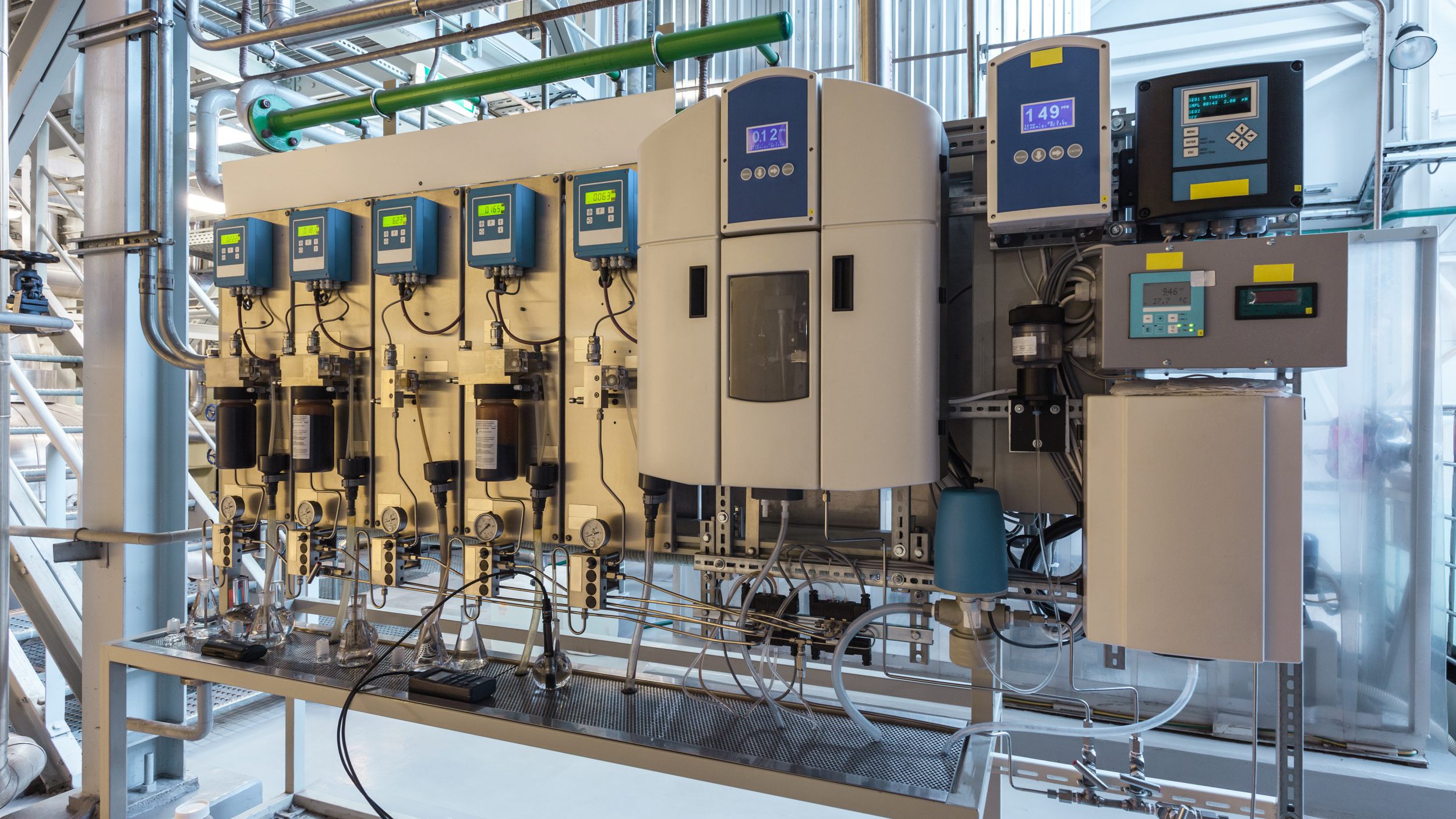The phrase “One Size Fits All” doesn’t fit today’s technology-driven world. Off-the-shelf desktop computers and laptops would be quickly crushed in the confined spaces of many factories. Industries like manufacturing and healthcare need the right-sized PCs for such places while maintaining power and ability.
Small form factor PCs fill that need. Today’s article covers what they are, their benefits, use cases in several industries, and a guide to figuring out which one’s best for your company’s small computer needs.
What Is a Small Form Factor Computer?
Article Guide
A small form factor computer, or SFF PC, is a compact version of the more traditional full-size desktop computer, especially a tower PC.
SFF PCs usually come in two forms. The first form—micro PCs or microtowers—stands upright on a desk. The second form, a mini-computer, can lay flat on the desk or be mounted underneath it. Using standard VESA mounts, mini-computers can also be placed behind a computer monitor.
Regardless of their form, SFF PCs have all the essential components of a computer, such as a processor, memory, and hard drive. With few exceptions, their performance remains the same as that of their larger counterparts.
Benefits of Small Form Factor PCs
The main benefit of SFF PCs is their compactness. They take up far less space than traditional desktop PCs and sometimes even laptops under certain circumstances. Users can regain significant surface area in their workspace, leaving space for documentation, tools, and other items they might need during work.
Another benefit is portability. Mini PCs weigh less than standard desktops, making them easier to carry and move around as needed.
Thanks to features like fanless design, SFF PCs often use less power to run than larger PCs. Users benefit by seeing savings on their electricity bills in the long run. Less power use also means less environmental impact, which can help any user’s green computing initiatives.
The final benefit of SFF PCs is lower maintenance. For example, the PC cases’ smaller footprint makes cleaning a breeze compared to standard-sized towers. Mini-computers usually have fewer cables and connections to clutter one’s desk space. Finally, features like fanless design and solid-state drives mean fewer moving parts to break down, which can be costly to repair.
Small Form Factor PC Use Across Industries
Micro PCs’ combination of compact design with stellar performance has found many uses across industries.
Hospitals and similar facilities in the healthcare sector have used small form factor computers like medical box PCs for tasks like electronic medical records. For this use case, the PC is connected to a medical-grade monitor, which is mounted onto a workstation on wheels. Providers and other medical staff can push the lightweight setup as they perform their rounds.
With its sheer diversity and complexity, the industrial sector sees the most use of SFF PCs. For example, oil field service giant Halliburton uses rugged mini PCs to replace the rack of regular computers it once used to run its cement manufacturing plants. The mini PCs are smaller (fit underneath a desk) and worked fine with the company’s new four-quad 4K display. The combination of reduced cord clutter, as previous setups would have required four separate monitors to be hooked up to each computer.
Coil manufacturer Premier Coil, on the other hand, needed a computer powerful enough to control the massive number of manufacturing operations at its headquarters while being small enough to work with the on-site HMI panel. An SFF PC with a rugged and fanless design fits the criteria perfectly.
Micro-towers and mini-computers have also found use for:
- Light office work, such as word processing and simple image editing. Users can easily take the PCs to conference rooms when giving presentations or bring them home for work use.
- Surveillance and security for everything from warehouse interiors to homes. A mini PC’s small size and light weight means it can easily fit into tight spaces with little chance of detection from passersby.
- Digital signage and advertising through electronic billboards, LCD screens, and digital posters. Since SFF PCs have similar power to larger computers, they can provide the same level of sophistication used in today’s e-advertising, such as moving banners, video clips, and sound.
The Right Small Form Factor Computer for Your Company
If you’ve determined an SFF PC is suitable for you and your company, consider the following additional questions to narrow down your choices:
- Is the power and performance what you need? Mini-computers have processing power and capabilities similar to their larger counterparts but are not identical. Check the mini-PC’s specifications to make sure it meets your needs.
- Will the PC be for dedicated use? An SFF PC is more affordable and efficient for a computer dedicated to one task, such as a media center, digital signage, monitoring, or a POS system.
- How vital is upgradability? Memory, hard disc space, or even processors are more accessible to upgrade with a mini-tower, especially compared to a portable PC like a laptop. Again, check the SFF PC’s specifications, as parts from standard desktop PCs may not be compatible.
- Does it have the necessary features to run effectively at your workplace? Environments like hospitals and oil rigs pose unique challenges to electronics like computers. Make sure your small form factor PC can meet them.
Confine Your Small Form Factor PC Needs with Cybernet
Small form factor PCs (SFF PCs) are used in industries that need all the processing power of larger, standard-size computers but suffer space constraints. Thanks to their smaller size, many SFF PCs offer additional advantages, like less power consumption.
If your business is looking for a mini-PC or micro tower, contact the team at Cybernet Manufacturing. We would happily explain how our SFF PCs, such as the medical box and industrial mini PCs, can be customized to suit your business’s wants and needs.
Join the conversation and connect with us on this and other relevant topics – Follow us on Facebook, Twitter, Instagram, and LinkedIn
Why Industrial Plants and Factories Need Small Form Factor PCs
March 3, 2022
The industrial sector can be an extreme place for electronics like a computer. Something as simple as the computer placement can be extremely challenging. Available space for a regular-sized PC and monitor is limited,…
0 Comments7 Minutes
You Can't
Learn from a Pop-up
But we can deliver knowledge to your inbox!
We dive deep in the industry looking for new trends, technology, news, and updates. We're happy to share them with you.
Knowledge, News, and Industry Updates Right in Your Inbox



